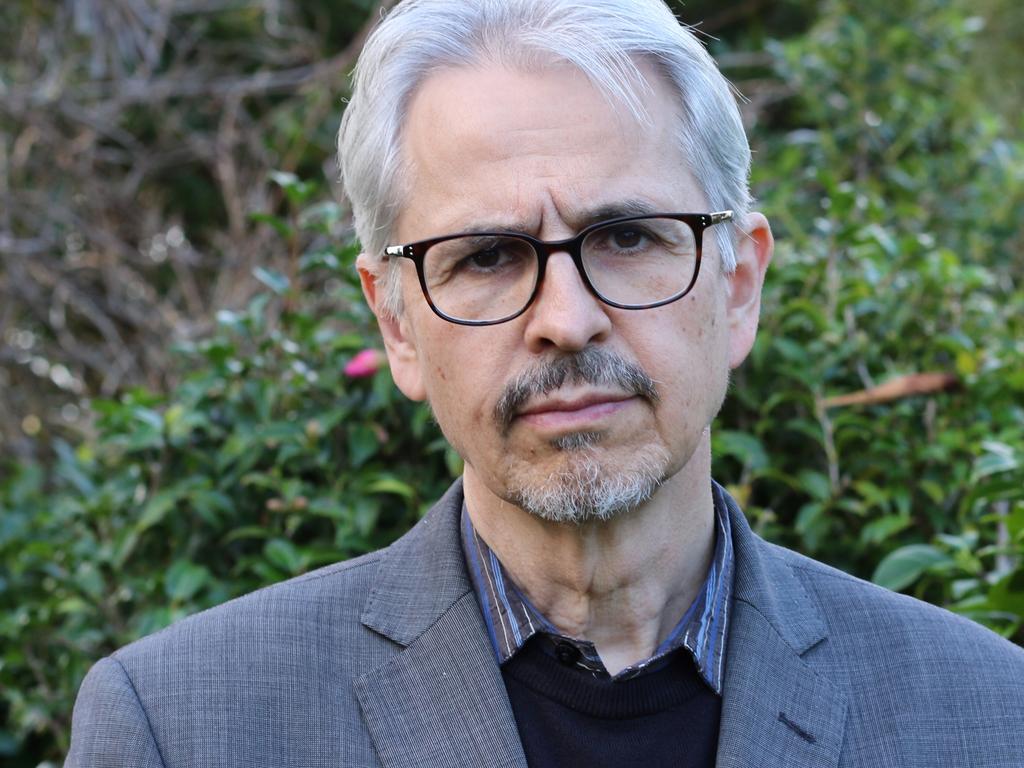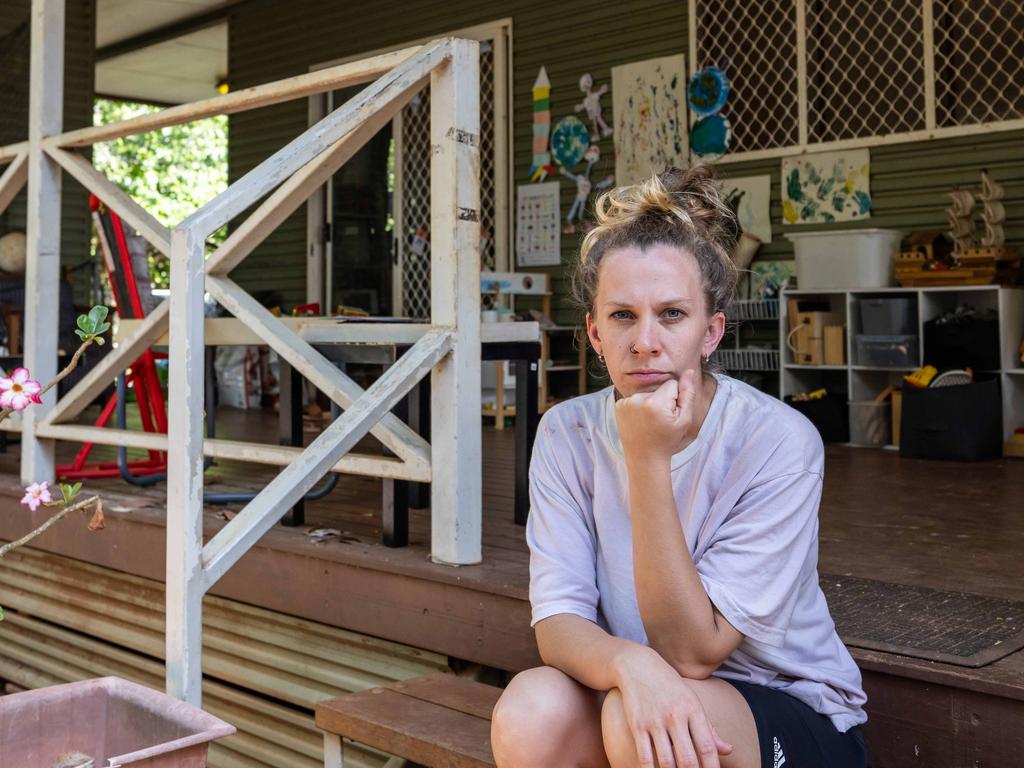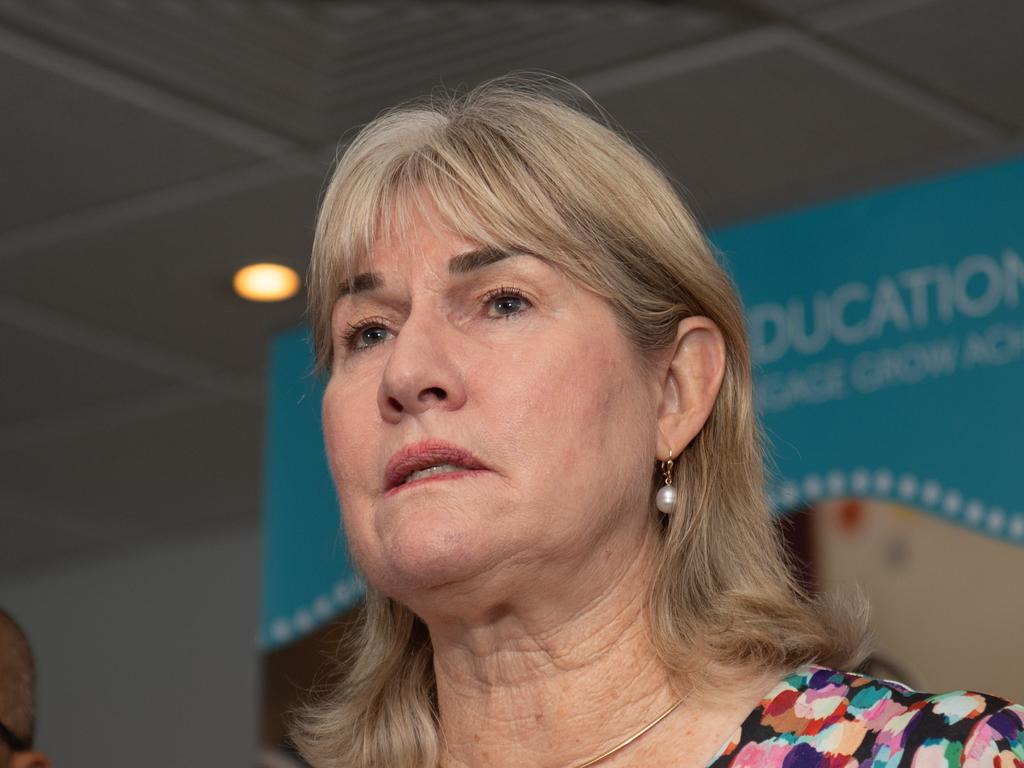NT schools in crisis: This boy’s future is at stake
More than half of the NT’s $1.179bn education budget helps to support a ‘bloated bureaucracy’, which many say is at the expense of remote schools.

More than half of the Northern Territory’s $1.179bn education budget helps to support a “bloated bureaucracy”, which many say is at the expense of remote schools, some of which don’t have power, water or full-time registered teachers.
Former teachers, principals and staffers have come forward with claims that department staff, who largely work out of the 14th floor of an office building in Darwin sometimes known as “Carpetland”, are out of touch with the communities they are supposed to serve.
Of the 2021-22 NT education budget, less than half ($558.5m) went directly to schools, which are so underfunded that effectively one in five students has no money spent on their education.
It’s a long way from Carpetland – both by road and by way of thinking – to Arrnyraybaykda in central Arnhem Land where seven-year-old Garth “Rosco” Davis hunts with his family near his home community of Gochan Jiny Jirra, 45km from Maningrida.
Rosco goes to school in Maningrida, where 187 of 407 students are unfunded by the NT Education Department.
Maningrida College, which manages 13 Homeland Learning Centres including Gochan Jiny Jirra, has a budget of less than half (49 per cent) of its $12.7m allocated income, a $6.5m shortfall.
The shortfall for schools has sparked a heated debate about where the NT’s education funding is spent. Former NT principal and Indigenous education academic Gary Fry is one of many calling for transparency around spending.
“We can’t continue to do this. The Australian public has been given a disservice of the biggest magnitude, it’s hidden in full view of everyone,” he said.
In the Education Department there are 704 staff “not active” in NT public schools, according to 2022 Productivity Commission data, and Australian Education Union NT analysis reveals that for every 1000 students, the NT has 24 non-school staff, compared with nine in the ACT, and eight in Tasmania.
The AEUNT also reports NT education’s spending on non-school staff rose 81 per cent between the 2015 and 2020 financial years, to $123.1m.
NT Education Minister Eva Lawler said her government had advocated for greater federal funding of education, recently achieving an additional $40.4 m commitment to fully fund schools in Central Australia.
“We will not see equity in Australian Education until remote schools in the NT are as well funded as those on the east coast, and I have been working tirelessly with our federal counterparts to reach this goal,” she said. “As we head into negotiations for our school funding agreements – the National School Reform Agreement, the focus is on having our schools on track to receive 100 per cent.”
Ms Lawler did not respond to questions about bureaucratic spending.
Charles Darwin University political economist Rolf Gerritsen said that with most the NT’s public servants based in Darwin or other urban centres, the allocation of public money was political.
“The Territory has basically become a public service state, which is run by and on behalf of the public service,” he said.
His research found a third of the approximately $3.8bn the NT government receives from national GST funding each year is spent in the Darwin-Palmerston area.
The NT receives Australia’s highest per-capita share of GST, with the extra income designed to support delivery of services across remote areas with high socio-economic disadvantage.
Former NT Labor minister Scott McConnell said large amounts of funding did not reach the people it was intended for.
“We get a massive amount of external extra funding,” he said. “We have all of these facilities (in Darwin), yet communities are not even safe to live in, let alone go to school in. But we’ve got plenty of people buying one another cappuccinos in Carpetland.”
Ex-principal and former Australian Education Union NT president Stephen Pellizo said although school budgets were supposed to give principals freedom, the bureaucracy still required oversight.
“The bloated bureaucracy comes with its own costs, it gives people things to do,” he said.
Rosco Davis’s uncle, Garth Doolan, said he wanted the same opportunities for kids like Rosco that other Australian children get.
“They need to listen to us and what is best for our community,” Mr Doolan said.







To join the conversation, please log in. Don't have an account? Register
Join the conversation, you are commenting as Logout